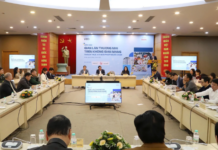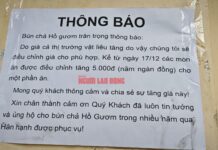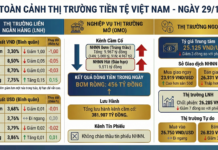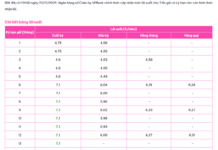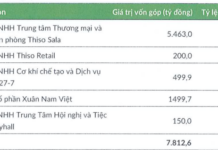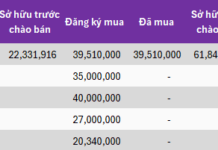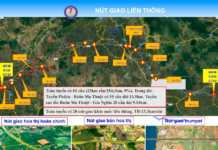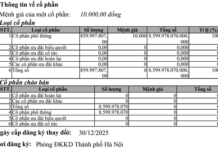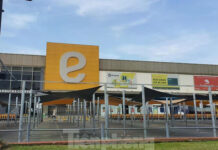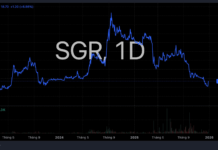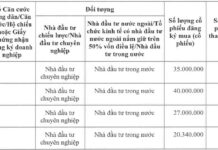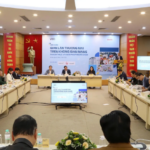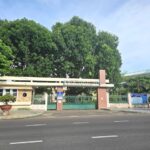The Ho Chi Minh City Urban Railway Management Authority (MAUR) recently provided an update on the progress of the city’s first metro line project, linking Ben Thanh and Suoi Tien. Notably, the trial run for this project has been delayed by three months, moving from July to October.
According to the initial plan, the metro line was scheduled to commence commercial operations in July 2024. However, in March, MAUR announced that the project would not meet this deadline.
MAUR now states that the training process is expected to conclude by the end of June 2024. Following this, the trial run, which involves operating the entire line, will be undertaken by personnel from the HURC1 Company, responsible for operating Ho Chi Minh City’s first metro line.
This final trial stage will run concurrently with the evaluation and safety certification process by the Vietnam Railway Authority and the acceptance inspection by the State Council for Acceptance Testing of Construction Works. These procedures are planned to commence in early July and last for about two months.
However, according to MAUR’s recent update, the trial stage has been postponed to October due to challenges with the main contractor and common consultants, resulting in extended training duration.
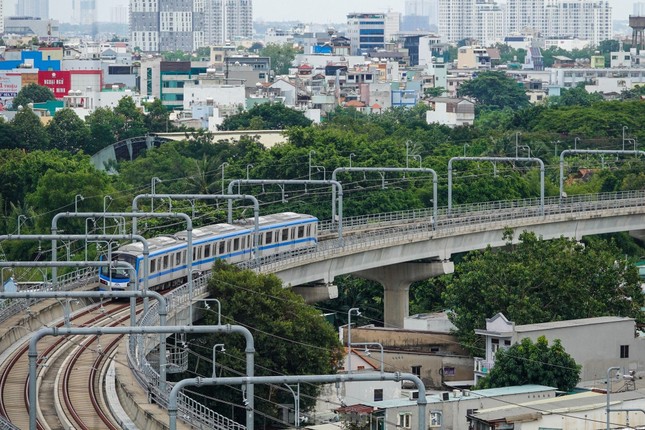
As per the plan, the Japanese side will hand over the project in early December for acceptance testing and safety certification as per Vietnamese regulations. Photo: Duy Anh
Prior to this, MAUR held discussions with the Embassy of Japan in Vietnam to address challenges faced by certain Japanese economic cooperation projects.
MAUR proposed that the Embassy of Japan urge the main contractor, Hitachi, to expedite the handover of two trains and collaborate with other contractors to accelerate fire protection inspection and acceptance.
Recently, Mr. YAMADA Takio, the Ambassador of Japan to Vietnam, sent a diplomatic note to Mr. Phan Van Mai, Chairman of the Ho Chi Minh City People’s Committee, providing an update on the progress and addressing certain challenges of the Ben Thanh-Suoi Tien metro line project.
According to the Ambassador, he personally met and discussed with the leadership of Hitachi in Tokyo, as well as the leaders of Japanese contractors and consultants involved in constructing the metro line, immediately after the meeting with the Ho Chi Minh City People’s Committee and the Ministry of Foreign Affairs on April 16. They shared a common understanding of the need to accelerate the project’s progress while ensuring the highest quality and safety standards.
Regarding the project timeline, the Ambassador of Japan to Vietnam provided key milestones. By the end of July 2024, the overall project testing will be completed. Training will take place in August and September 2024, followed by the trial run in October and November 2024. The project will be handed over to the Vietnamese side in early December 2024 for acceptance testing and safety certification as per Vietnamese regulations.
Additionally, the Japanese side requested that Ho Chi Minh City promptly establish a Dispute Adjudication Board (DAB) to address long-standing disputes related to contractual clauses and project duration extensions. They also sought support for additional costs incurred by the contractors.
MAUR’s leadership stated that they had reported to the Ho Chi Minh City People’s Committee after receiving the Ambassador’s diplomatic note. They are currently in discussions with the contractors, particularly Hitachi, to expedite the partial handover of equipment and systems to enable NJPT consultants to commence practical training without waiting until the end of July, as mentioned in the Ambassador’s note. This will help shorten the training duration and provide Vietnamese trainees with more practical opportunities, ultimately accelerating the project’s progress towards commercial operation.

